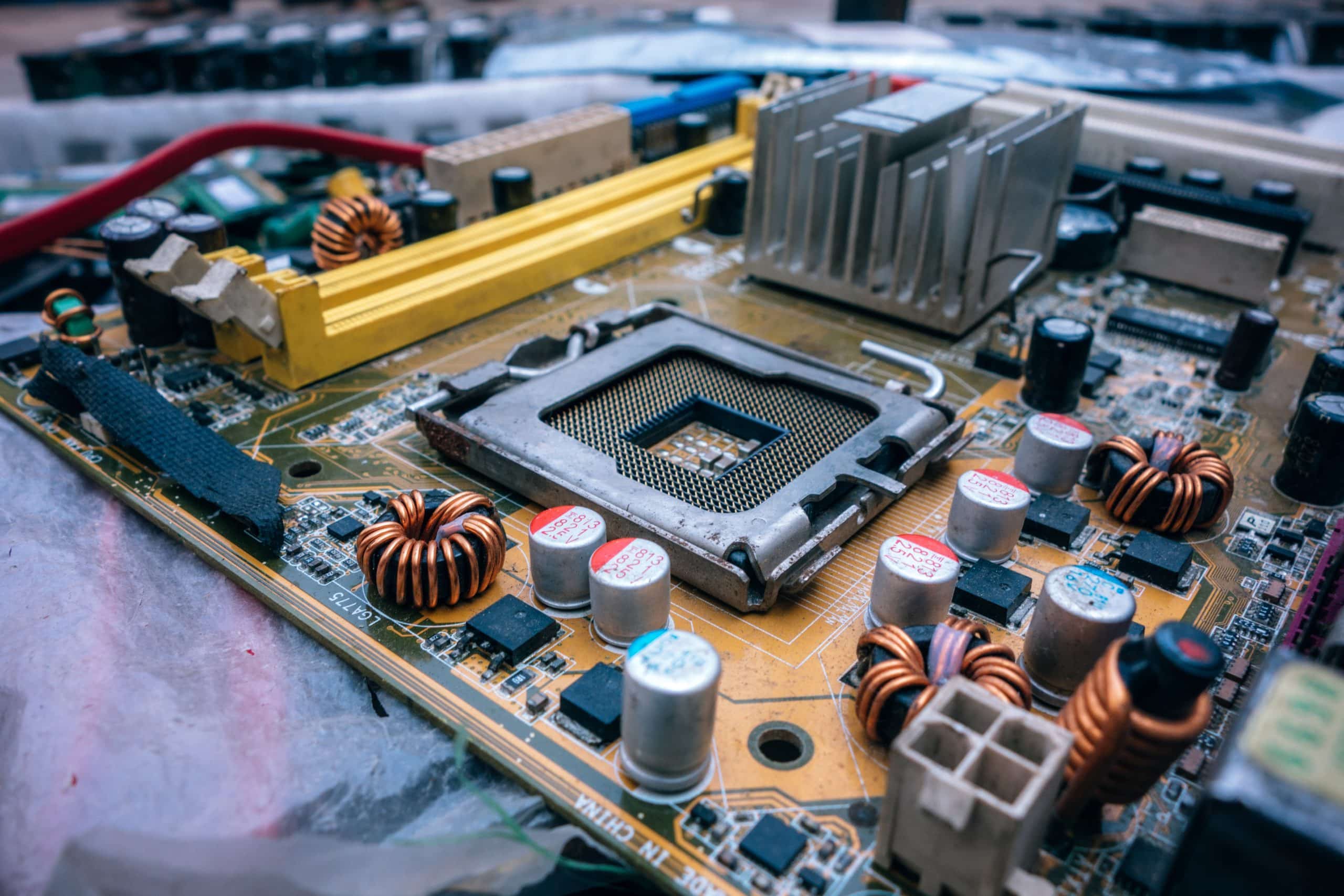Today’s hardware engineers have diverse roles with diverse responsibilities. Not only do they work with physical products, but they also work with the end users of those products to make sure the hardware is working properly. More than that, as technology continues to advance, as it always does, hardware engineers are at the forefront of bringing product ideas to life. For instance, in April, Tesla unveiled its in-house driverless-car hardware, which they hope to turn into a fleet of fully autonomous “robo-taxis” as early as next year. This is the pinnacle of hardware engineering, and there’s always more to come.
Hardware engineers are responsible for researching, planning, designing, testing, and developing the functionality of computer systems and products that, for lack of a better term, make things work. But their responsibilities are constantly adapting to the changing world of technology, so as a hardware engineer, or an aspiring hardware engineer, it’s important to be growing and adapting too.
In addition to staying up to date on the latest technologies, here’s what’s important in hardware engineering today, and how to get hired as one:
-
- Prototype to Product
It’s important to be able to create and alter new products based on theoretical prototypes as well as create documentation for hardware procedures and features. To be hired as a hardware engineer, you must be able to demonstrate your experience in this capacity – that you can conceptually take a product from idea phase and make it real. That’s what hardware engineering is after all – the ‘real stuff.’
- Prototype to Product
-
- Electrically Sound
Using hardware specifications to make sure that the electricity demand and hardware configuration are sustainable is also important. Short circuiting is not cool.
- Electrically Sound
-
- Understanding How Hardware and Software Interact
Are you able to judge the interaction between the hardware and the software of a system? Are you able to ensure the system is performing adequately and to product specifications? You will need a solid understanding of circuit boards, processors, chips, hardware and software applications, and programming in order to be hired as a hardware engineer.
- Understanding How Hardware and Software Interact
-
- Knowing the Numbers
Math and physics are also essential to hardware engineering positions, because everything starts with numbers. All hardware domains – analog and digital – require basic math and physics skills, so in order to become a successful hardware engineer you must understand the science behind the products you’re designing, testing, and developing. Otherwise, it’s unlikely your work will be fully functional, let alone optimized.
- Knowing the Numbers
-
- Soft Skills
As important as these other skills and understandings are, soft skills are also equally as important in succeeding as a hardware engineer. Excellent communication skills, problem solving skills, and critical thinking skills are crucial in order to complete a product. Additionally, hardware engineers are responsible for understanding the context and applications of their work, so if they can effectively translate that to non-technical team members, like marketing or sales, they will become more valuable.
- Creativity
Creativity is another skill that in-demand hardware engineers possess. This means thinking outside the box, creating new designs, and adapting designs that might be failing. If you’re the engineer who can troubleshoot and figure out why things aren’t working, your value skyrockets.
- Soft Skills
As you become more experienced as a hardware engineer, you will get closer to more technologically advanced products, like artificial intelligence, machine learning, and the internet of things (IoT). My advice is to have the basics listed above down but to know that the sky’s the limit when it comes to a career in hardware engineering.
